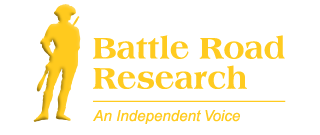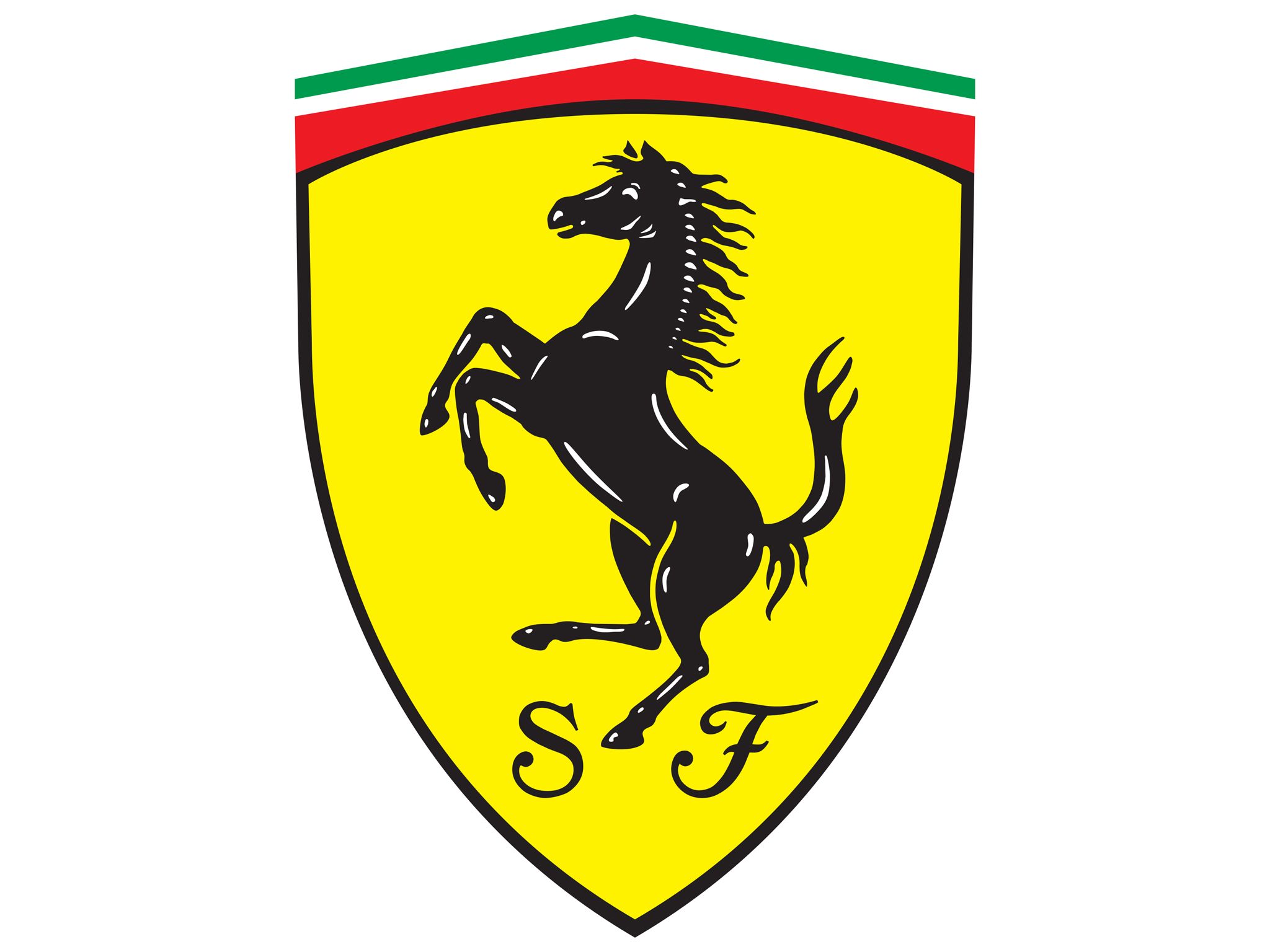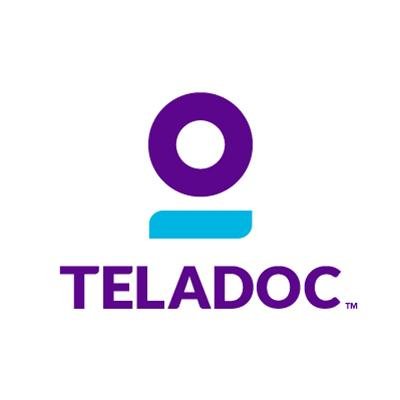Category: IPO Research
Ferrari IPO
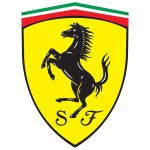 Ferrari (NYSE: RACE), a luxury sports car manufacturer, is the newest addition to our Consumer sector coverage. The company, which was recently spun out of Fiat Chrysler Automobiles (NYSE: FCAU) in an IPO, was founded by Enzo Ferrari in Maranello, Italy in 1929. Ferrari is one of four storied Italian race car manufacturers, which along with Alfa Romeo, Masserati, and Lamborghini, have been testing the limits of automotive performance for decades. Until Ferrari started producing street legal cars in 1947, it manufactured race cars and sponsored race car drivers. Ferrari is still headquartered in Maranello, Italy today, and led by CEO Amedeo Felisa. Consensus estimates call for revenue of $2.85 billion in 2015 followed by $2.9 billion in 2016. EPS is projected to rise from $1.56 in 2015 to $1.69 in the coming year.
Ferrari (NYSE: RACE), a luxury sports car manufacturer, is the newest addition to our Consumer sector coverage. The company, which was recently spun out of Fiat Chrysler Automobiles (NYSE: FCAU) in an IPO, was founded by Enzo Ferrari in Maranello, Italy in 1929. Ferrari is one of four storied Italian race car manufacturers, which along with Alfa Romeo, Masserati, and Lamborghini, have been testing the limits of automotive performance for decades. Until Ferrari started producing street legal cars in 1947, it manufactured race cars and sponsored race car drivers. Ferrari is still headquartered in Maranello, Italy today, and led by CEO Amedeo Felisa. Consensus estimates call for revenue of $2.85 billion in 2015 followed by $2.9 billion in 2016. EPS is projected to rise from $1.56 in 2015 to $1.69 in the coming year.
Ferrari debuted on the New York Stock Exchange on October 21, 2015 at a price of $52.00 per share. The offering contained 18.9 million shares. UBS Securities acted as the global coordinator of the offering, with Bank of America-Merrill Lynch, Pierce, Fenner & Smith, Allen & Company, Banco Santander, BNP Paribas, J.P. Morgan and Mediobanca—Banca di Credito Finanziario acting as joint book-running managers. At a recent share price of $49, Ferrari’s market cap is roughly $9.3 billion. Post-IPO, Fiat Chrysler owns about 80 percent of the company, and Piero Lardi Ferrari, the second son of founder Enzo Ferrari, owns 10 percent of the company.
Ferrari is focused exclusively on the design, engineering, production, and sales of its top of the line, high performance luxury sports cars, and over the years the company has helped to transform the car business, through its emphasis on style, performance and luxury. Through its avid and frequent participation in Formula One racing, which is considered to be the premier class of single-seat auto racing, the company continues its heritage in automotive racing. Fiat first acquired 50 percent of the company in 1969, and expanded its stake to 90 percent in 1988. Fiat also owns Maserati and Alfa Romeo.
Ferrari currently offers nine vehicle models, seven of which are sports cars. Ferrari boasts extremely high performance vehicles, with cars consistently going 0-60 miles per hour in approximately 3 seconds, with reported times as low as 2.6 seconds. All of Ferrari’s automobiles have either high powered V8 or V12 engines. The top reported speed of a Ferrari is 217 miles per hour, belonging to the limited edition LeFerrari model. Ferrari prices range anywhere from approximately $200,000 to about $1.4 million, with the most expensive being the LeFerrari model. With the motto: offer only the best engines, design and customization, Ferrari aims to tailor its high performance and quality vehicles to each individual customer.
Ferrari is in the process of phasing out its “458 model” cars, and replacing them with “488 model” vehicles, and will complete the process within the next several years. In 2014, Ferrari shipped 7,255 cars. This low volume production strategy is utilized to continue Ferrari’s reputation of being exclusive and rare. Ferrari carefully monitors and maintains production volumes as well as delivery times to continue this reputation.
As well as producing high quality vehicles, Ferrari’s brand stretches well beyond this. Ferrari’s cars symbolize speed, wealth and nobility, and are notoriously expensive, suggesting a high ranking in society for drivers. Aside from its symbolism, the Ferrari brand extends beyond just cars, offering sportswear, watches, theme parks, electronics, and other accessories.
Teladoc (NYSE: TDOC)
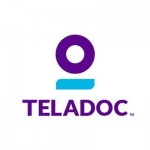 Teladoc (NYSE: TDOC), based in Dallas, Texas, is a recent addition to our Battle Road IPO Review Business Services sector coverage. Founded in 2002, Teladoc provides healthcare services, which may be accessed via the phone, or through the web via an internet connected device. Consensus estimates call for revenue of $75 million and a Loss per Share of $1.58 in 2015, followed by revenue of $118 million and a Loss per Share of $1.02 in 2016.
Teladoc (NYSE: TDOC), based in Dallas, Texas, is a recent addition to our Battle Road IPO Review Business Services sector coverage. Founded in 2002, Teladoc provides healthcare services, which may be accessed via the phone, or through the web via an internet connected device. Consensus estimates call for revenue of $75 million and a Loss per Share of $1.58 in 2015, followed by revenue of $118 million and a Loss per Share of $1.02 in 2016.
Teladoc priced its 8.3 million share IPO at $19 per share on the NASDAQ on June 30, 2015 for first trade the following day. All shares were offered by the company. Subsequently the underwriters exercised their over-allotment of 1.24 million shares for a total offering of 9.5 million shares, enabling the company to raise about $170 million. The deal was led by J.P. Morgan Securities, Deutsche Bank Securities, William Blair, Wells Fargo Securities, and SunTrust Robinson Humphrey. At a recent share price of $21, Teladoc’s market cap is roughly $800 million.
Teladoc is one of a number of growing healthcare services providers catering to the on-the-go professional, as well as those that wish to avoid fees and expenses incurred by visiting a doctor. Teladoc members pay a $40 fee for a “virtual visit” with a physician or licensed healthcare provider. The visit may be a video collaboration, telephone consultation, or email query. The fee is paid directly by the member or through their healthcare service provider.
The company provides phone based counseling on a range of conditions, disorders, and maladies, including anxiety and smoking cessation treatments, as well as diagnoses of skin conditions and acute infections. Teladoc connects 12 million subscribers to over 1,500 board-certified doctors and health professionals, and claims a median response time of 10 minutes to a user query. During the second quarter of 2015, the company recorded 125,322 patient “visits” versus 61,379 the year before. Teladoc has grown both organically and through acquisitions, including four executed in the last two years. Teladoc’s top ten customers accounted for 28 percent of revenue in 2014, down from 41 percent in 2013. Through the first six months of 2015, the top ten customers accounted for less than 25 percent of revenue.
A number of telemedicine services providers have cropped up in recent years, including privately-held MDLive, Doctor on Demand, and American Well. The segment has been gaining recognition and endorsement from several leading healthcare services providers, including Anthem, Aetna, Cigna, UnitedHealth Group, and others. CVS is currently working with Teladoc, as well as Doctor on Demand and American Well.
Despite its alluring value proposition, Teladoc’s lack of profitability is disconcerting. During the third quarter of 2015, Teladoc recorded sales growth of 83 percent, reaching $20 million, with subscriptions and access fees accounting for 85 percent of sales, and visit fees the remaining 15 percent. The company’s operating loss widened from $3.9 million a year ago to $12.6 million in the most recent period, a disconcerting sign that the company is failing to make progress toward profitability.
